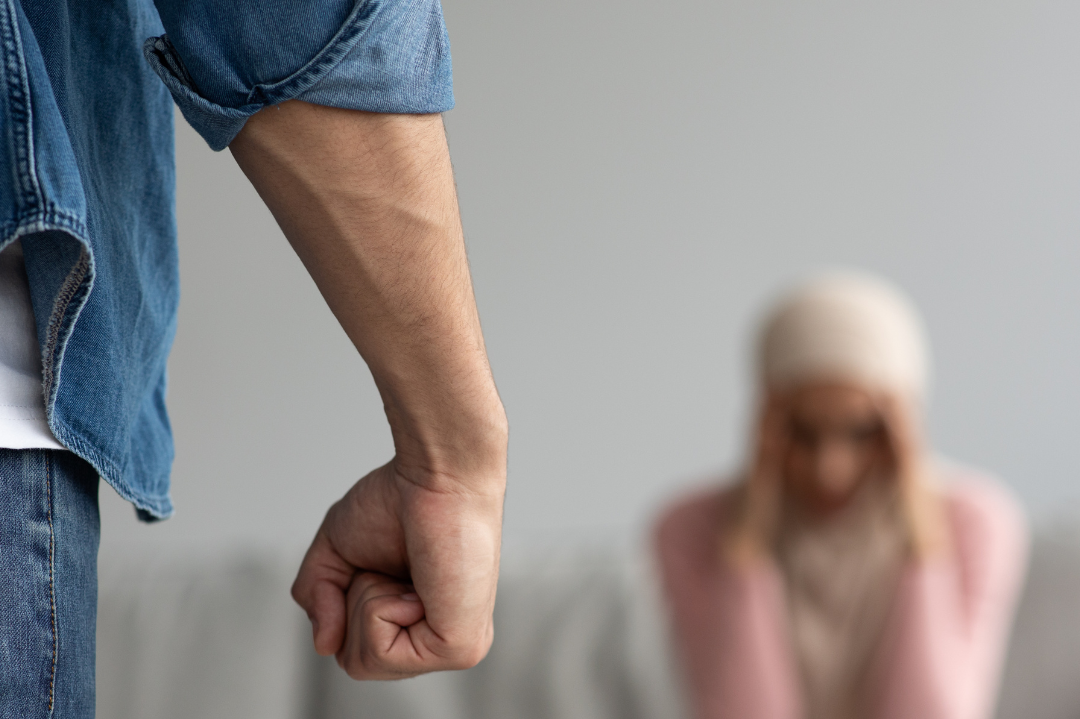Share This Story, Choose Your Platform!
Silent but Violent: The Abuser’s Unheard Cry For Help In The Form of A Fist
The world that we live in tends to shun the abuser, and why not? They are reaping violence with their words and their fists. Countless cases of emotional and physical abuse lead to heartbreak, emotional damage, and even death by means of brutality or suicide. More and more victims come forth daily describing unthinkable situations at the hand of abuse. Children experience horrible scenes, abuse, and trauma due to this result. But what of those children? Who will they grow up to be? And will they have the strength to break the cycle? The reality is that these broken-hearted children are more likely to grow up and cause the same if not more pain.
This article explores the necessity for society to break the cycle by means of healing and not shunning. We are moving into an era where “cancel culture” is a growing seat of thought because ofcourse, cutting toxicity out of your life is the most effective way to heal and grow. But this will not break the cycle, and this will also not stop the spread of pain to innocent victims.
Although biological factors, resilience, and later-in-life circumstances do play a role in a maltreated child’s comorbidity for psychopathology, it is still established by (Bifulco & Schimmenti, 2019) that it is one of the biggest predictors of psychopathology later in life. Maltreatment of a child refers to physical abuse, sexual abuse, emotional abuse, and neglect. These children grow up to be adults, they will fall in love, they will experience stress, and they need to hold a job in society. But without the correct help and support, they will most likely face these challenges without the correct emotional tools to endure successfully.
Imagine being invited to join in on a game played among friends, a game you are unfamiliar with. You want to play but you don’t know how. You keep on losing but you don’t know why. This is what countless individuals experience throughout their lives, unable to navigate the stresses and emotions life places before them.
You might wonder, “What is my role in all of this?” “Why should I try and help an individual such as this?”. The answer is quite simple. In your life, you, your friend, or your child will most likely encounter, work together, or even get married to such an individual. In this case, shunning is not an option. The focus must rather be on healing.
The first important part of helping abusers, is strangely enough reporting them. There seems to be a fear of reporting abuse. In (Lippy et al., 2020) it is established that 35% of the participants within their study were so afraid that they did not even confide in a friend as they fear it might be reported to authority figures. This is completely understandable as reporting might cause more conflict at home, feelings of guilt and shame, and might not lead to any help due to insufficient governmental practices. However, many individuals who had been reported or fear being reported acknowledge this as the motivation they needed to acquire help. The first step is reporting as it provides a compilation of incidents making the case to remove the abuser from the home, especially when children are involved as it will provide them with better circumstances and a chance to break the cycle.
Abusers tend to be the most ruthless individuals, causing pain and destruction to their loved ones. Quoting the words of Thema Bryant-Davis, a psychologist, and a professor of psychology at Pepperdine University “attitude is despair”. This statement sheds light on the fact that beneath anger and destruction, pain resides. Acknowledging that the abuser is the portrayal of a broken-hearted child. Providing comfort and support to a family member or even a lover can go a long way in soothing that inner child. This could be hard to do for various reasons, one of which is that abusers often find it hard to acknowledge the hurt they are causing. Options that can be viable is contacting a support group in your area, finding help through counselling online or in person where advice could be readily available for you and the abuser.
Helping abusers is extremely hard, as they often portray a message of not needing any help and can become violent when the subject is raised. The focus of this article is to raise awareness to the fact that broken people break others. But something needs to be done, whether it be reporting, motivating them to find help, or finding help for yourself, because the real victims are children from these homes who will grow up to do the same.
Author: Tanya van Zyl



